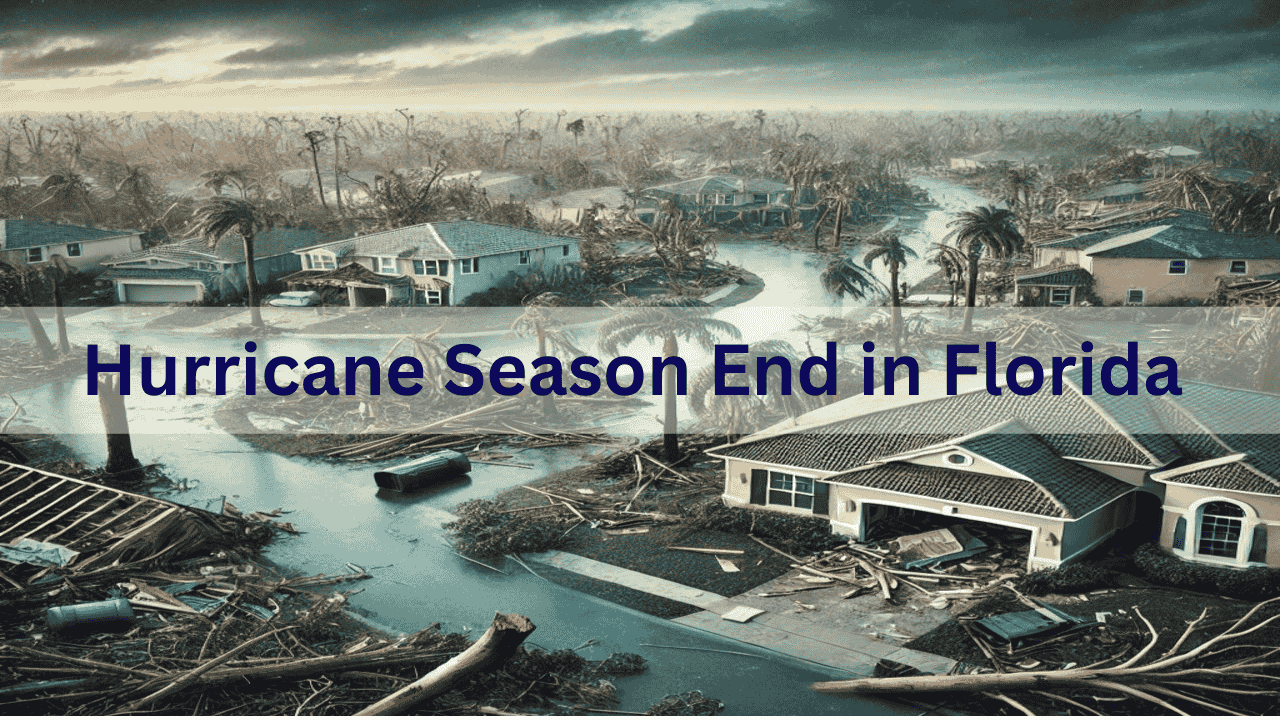When will Florida finally see the end of hurricane season? If you’re a resident or planning a visit to the Sunshine State, understanding the timeline of hurricane season is essential. Let’s explore when it ends, what to expect, and how to stay prepared during these unpredictable months.
When Does Hurricane Season End in Florida?
In Florida, hurricane season typically runs from June 1 to November 30 each year. This six-month period marks when tropical storms and hurricanes are most likely to form in the Atlantic Ocean, the Caribbean Sea, and the Gulf of Mexico. The peak months for activity are August, September, and October, with September being historically the most active.
While November 30 is officially the end date, it’s important to note that weather patterns can be unpredictable. Rare storms have been known to occur outside this window, but such cases are exceptional.
Why Hurricane Season Matters in Florida
Florida is uniquely positioned as one of the most hurricane-prone states in the U.S. Its location between the Atlantic Ocean and the Gulf of Mexico makes it highly susceptible to tropical cyclones. Understanding the season’s timeline helps residents and visitors prepare for impacts like heavy rainfall, flooding, and high winds.
What to Expect as Hurricane Season Ends
- Decreased Storm Activity: After October, the frequency and intensity of storms typically decline as water temperatures cool.
- Unpredictable Weather: Even in November, occasional storms may develop, so staying updated on forecasts is crucial.
- Preparation Remains Key: Until hurricane season ends, it’s wise to keep emergency supplies on hand and stay informed about local advisories.
See more: Why You Should Hire a Public Adjuster
FAQs About Hurricane Season in Florida
1. When is hurricane season the most active in Florida?
August through October are the most active months for hurricanes in Florida, with the season’s peak usually occurring in mid-September.
2. Has a hurricane ever occurred after November?
Yes, while rare, hurricanes have formed in December or even January. However, these events are highly unusual and not part of the typical hurricane season.
3. How can I prepare for the end of hurricane season?
Stay updated on weather forecasts, maintain a stockpile of emergency supplies, and keep important documents in a waterproof container until the season officially ends.
4. What are the chances of a hurricane hitting Florida in November?
While the likelihood decreases significantly in November, late-season storms can still occur, particularly in warmer waters.
5. Is Florida the only state affected by hurricanes during this time?
No, other states along the Gulf Coast and Eastern Seaboard, such as Texas, Louisiana, and the Carolinas, also experience hurricane activity during the season.
See more: Best Public Adjuster Near Me
How to Stay Safe During the Final Months of Hurricane Season
Monitor Weather Updates:
Use reliable sources like the National Hurricane Center for the latest forecasts.
Check Emergency Supplies:
Ensure you have enough water, non-perishable food, batteries, and a first-aid kit.
Have a Plan:
Know your evacuation routes and have a communication plan for your family.
Secure Your Home:
Check for loose outdoor items that could become projectiles during strong winds.
Conclusion
Hurricane season in Florida officially ends on November 30, but it’s important to remain vigilant until then. Understanding the risks and staying prepared can make all the difference in ensuring your safety and peace of mind.
Whether you’re a long-time resident or just visiting, knowing when hurricane season ends helps you plan effectively and stay ahead of the unpredictable weather patterns in Florida. Stay safe, stay informed, and remember that preparation is key.


